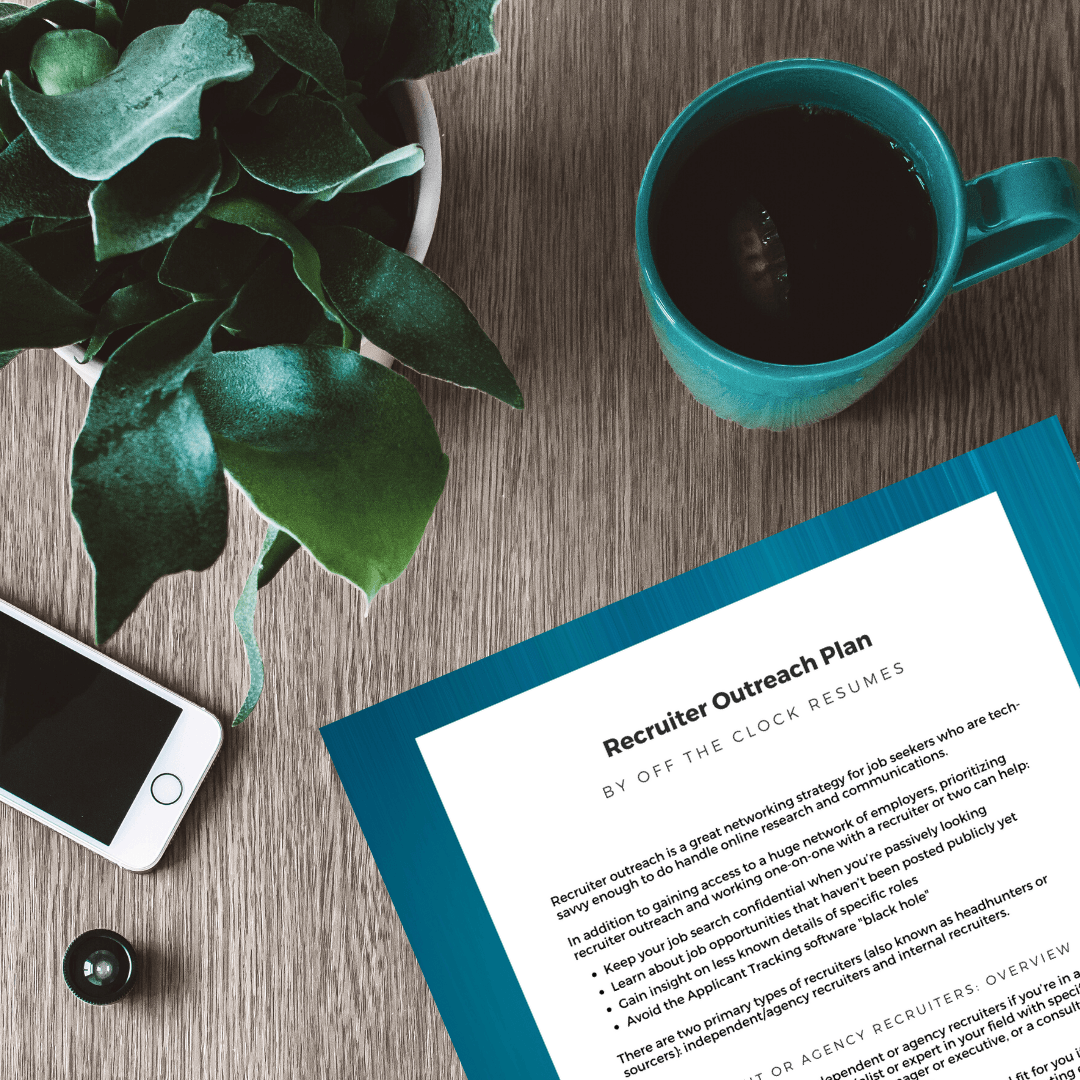
The Best Resume Tips for Recent Law School Graduates

1. Highlight Your Academic Achievements
2. Showcase Relevant Legal Experience
3. Emphasize Skills and Competencies
- Legal Research and Writing: Mention any experience with case law research, brief writing, or other legal writing tasks.
- Analytical Skills: Showcase your ability to analyze complex legal issues and provide insightful conclusions.
- Communication Skills: Emphasize your ability to communicate effectively in writing and orally. This could include drafting legal documents, presenting arguments, or negotiating settlements. An example would be “Assist the Denver car accident attorneys at the Fang Law Firm with depositions, legal research, and negotiating fair settlements.”
- Technical Skills: If applicable, mention your proficiency with legal research tools and software, such as LexisNexis, Westlaw, or case management systems.
4. Include Extracurricular Activities and Leadership Roles
5. Tailor Your Resume to Each Job Application
6. Use a Clear and Professional Format
7. Include a Strong Objective or Summary Statement
8. Demonstrate Professionalism and Attention to Detail
9. Leverage Networking and References
10. Showcase Your Commitment to Continuous Learning
Conclusion
Related Articles
-

26 Interview and Offer-winning Resume Tips for 2026 and Beyond
Upgrade your resume for 2026 with tips that work from design to keywords and strategies that get interviews. Discover what to fix now and stand out fast!
-

The Perfect Resume Length: One Page, Two Pages, or More?
Confused about the ideal resume length? Discover when to use 1, 2, or even 3+ pages plus get tips to highlight your value and land more interviews.
-

The Harsh Truths About Executive Resumes: What Not to Do
Avoid the most common executive resume mistakes that cost you interviews. Discover actionable resume tips to stand out and land C-level roles.
-

Resume Skills That Get You Hired: What To Include (And What To Skip!)
Discover the top resume skills employers want to see on your resume in 2025. Read or watch to learn how to showcase them to stand out and land more interviews.
-

How To Transform Your Resume Summary From Boring To Brilliant
Transform your resume summary from generic to job-winning! Learn how to write a standout branding statement that grabs attention and lands interviews.
-

Navigating Your Career Path with a Family Nurse Practitioner Degree Program
Guest blogger Sadie Smith reveals how strategic planning in your healthcare career broadens your impact on patient care and community health.
-

What Employers Look For In A Resume Skills Section
Learn which key components of an effective Skills section can indicate to resume screening software and the recruiters behind it which skills are your most recent, relevant, functional job-related skills.
-

What Your Resume Should Look Like in 2026
This comprehensive resume guide shares what the most common resume sections are and what your resume should look like in 2026.
-

Is Jobscan Worth It? Jobscan Review (2024 Update)
Have you heard of Jobscan? Learn more about this keyword analysis tool for job seekers, what it costs, and what Certified Resume Writers both love and hate about it in this in-depth product review.
-

How To Showcase Transferable Skills And Your Value For A Career Transition
Recognizing the significance of transferable skills is key to successfully showcasing one's potential in the face of change.
-

How To Showcase Achievements In Your Cover Letter
Learn how to turn your accomplishments into a compelling personal narrative that showcases the results an employer can expect from you.
-

Why You Should Avoid Resume Builders
Online resume builders are an enticing resume resource, but as a Certified Resume Writer who has tried them out, I recommend avoiding them.
-

ChatGPT Review: Resume Writing Edition
How useful is ChatGPT in crafting a resume that lands interviews and job offers? This review by a Certified Resume Writer isn’t what you’d expect.














